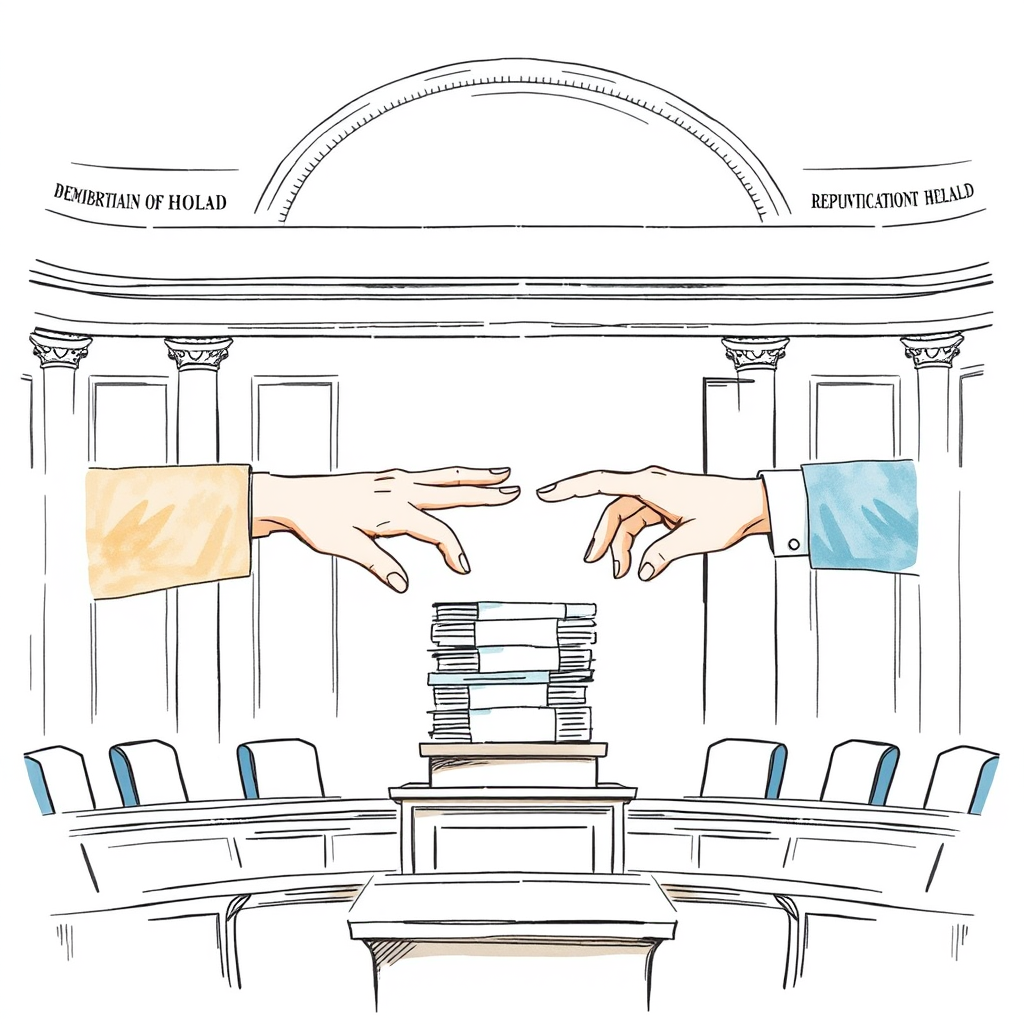Senate Clash Escalates Over Nominee Confirmation Holds

A political standoff is brewing in the Senate over the confirmation of President Trump’s U.S. attorney nominees, with Senator Dick Durbin (D-IL) employing a tactic previously favored by Republicans to slow the process. Durbin has placed a hold on the nomination of Jason Reding Quiñones for the Southern District of Florida, and signaled he may do the same for other pending nominees, citing a recent precedent set by Senator JD Vance during the Biden administration.
The move, reported by Politico, creates a procedural hurdle requiring roll call votes for each nominee, potentially stalling confirmations at a time when the Trump administration has yet to secure any U.S. attorney approvals in the Senate. Durbin argues his actions are simply a response to Vance’s previous holds on Biden-era nominees, triggered by the Department of Justice’s indictments against former President Trump. He insists on consistent application of Senate rules, regardless of party affiliation.
However, Senator Chuck Grassley (R-IA), Chairman of the Judiciary Committee, strongly disagrees with Durbin’s characterization of Vance’s actions and condemns the blanket hold as an “aggressive, unprecedented attack” on the criminal justice system. Grassley maintains that selective use of holds is appropriate, but obstructing the entire confirmation process is detrimental to the Senate’s constitutional role of advice and consent.
This escalating dispute highlights a growing pattern of reciprocal obstructionism in the Senate, where procedural tactics are increasingly used to retaliate against the opposing party. While both sides claim to be upholding Senate norms, the situation risks further gridlock and hinders the efficient functioning of the confirmation process. The core issue isn’t necessarily the use of holds themselves – they are a long-standing Senate tradition – but the escalation to blanket holds, effectively weaponizing the procedure to impede the administration’s ability to fill crucial positions within the Department of Justice. This reciprocal action, while understandable from a partisan perspective, ultimately damages the institution and erodes public trust.